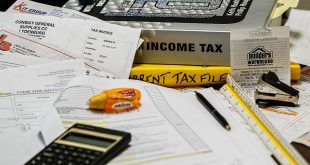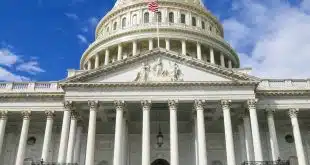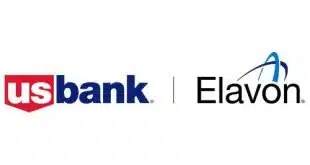Tokenization is nothing new. Various companies have for years offered the service, which replaces the actual card credentials a thief needs to make illicit purchases—primary account number, card-verification value, expiration date—with a random string of characters for digital transactions. But what is new is that Visa and Mastercard have finally gotten serious about the business. Emphasis on “business.”
As our story in this issue, “A Token of Appreciation,” points out, tokenization has become big-league stuff. It started last summer with a landmark agreement in which Visa agreed to open its tokenization engine to PayPal in exchange for PayPal’s agreement to stop promoting the automated clearing house for account funding and instead promote Visa. Weeks later, predictably enough, Mastercard struck a similar accord with PayPal.
Then, just as the year was winding to a close, the two massive card networks agreed to cross-tokenize for each other’s digital wallet. Until this arrangement, when a consumer loaded a Mastercard into her Visa Checkout wallet, those credentials were stored in the clear because Visa didn’t have access to Mastercard’s engine. The reverse was true for Visa cards loaded into Masterpass. Now, with the reciprocity pact between the networks, consumers carry tokenized versions of all their Visa and Mastercard cards in both Visa Checkout and Masterpass.
These developments unfolded in the space of about six months, a breathtaking pace in the world of financial services. They represent a signal advance in payments security, particularly as they involve not just the two biggest card networks but also PayPal, which by itself claims 200 million accounts and 16 million merchants worldwide.
The deals also open up huge new business opportunities in mobile payments and payments in the so-called Internet of Things. These new markets offer the potential for deep wells of untapped transactions that cannot be processed securely without tokens. The rapidly expanding IoT, for example, will connect 30.3 billion devices and account for $14 billion in payments revenue by 2020, according to IDC Financial Insights.
Even if those projections turn out to be only partly accurate, the future of tokenization looks bright. But who will cash in on that revenue potential? What kind of business can the big networks build if they decide to start charging for tokens?
Those are among the questions our story asks this month. Another one has to do with what kind of potential do alternative token service providers have?
Business is business, and payments firms are profit-seeking entities, many of them accountable to shareholders in the public markets. Don’t expect them to pass up an opportunity to make the most of tokenization, which is certainly no longer an obscure technology.





